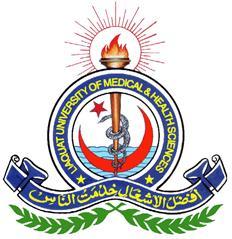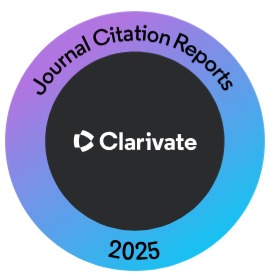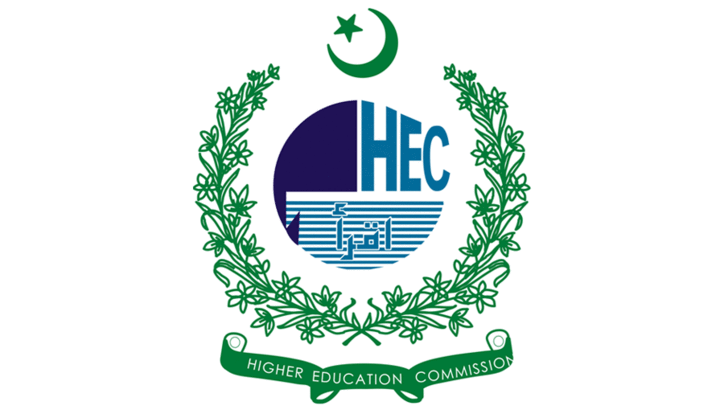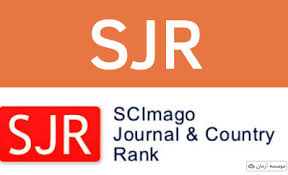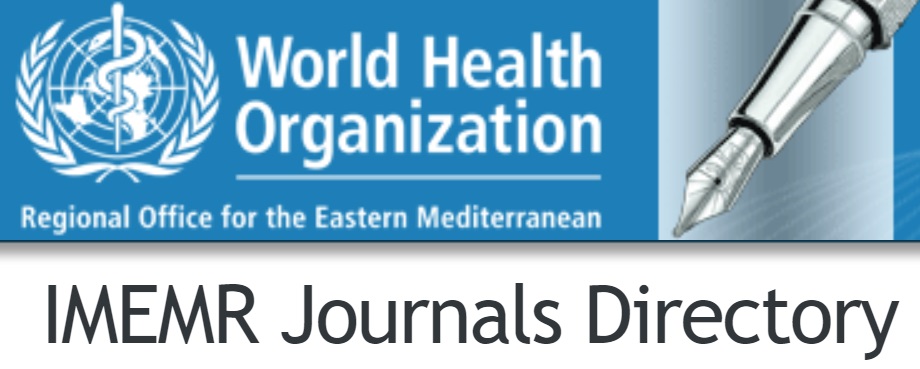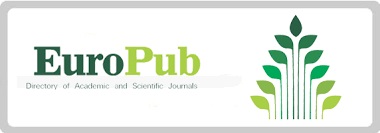Eating Disorders and Eating Pattern During Covid-19 Pandemic: A Short Bulletin
Abstract
Objective: To rule out possible effects of lockdown/self-isolation on eating behaviors and to determine development of eating disorders in the pandemic due to stress and anxiety, produced as a result of fear of chances to get infection or stress produced due to social isolation.
Methodology: An online survey-based study was performed by the way of social media and other online networking modes from April-May 2020, the number of participants was n=313, online SCOFF questionnaire was given to participants aged between 18 to 38 years.
Results: The SCOFF positive male were 66(47.5%) and female were114(65.5%) while Binge eating disorders positive males were 102 (73.4%) and female were 113(64.9%). Furthermore, The increased size of meal in isolation period was significantly (p-0.0009) associated with Binge eating disorders positive females. The change in food intake time during isolation was also significantly (P-0.03, P-0.01 and P-0.001 respectively) more in SCOFF +ve female, Binge eating disorders positive male/female. Addition of snacks /fried /frozen food was significantly (P-0.007, P-0.0003) more in Binge eating disorders positive male and female. Surprisingly, no any significant difference was observed when participants were asked about exercise or physical activity before or during novel corona virus pandemic, however, a big proportion of general population 63.5% people were involved in exercise and/physical activities which reduced to 34.5% during pandemic.
Conclusion: Eating disorders and changed eating pattern along with less physical activity was observed during COVID-19 pandemic lockdown.
KEY WORDS: COVID-19, Self- isolation, Eating habits, SCOFF.
Downloads
Published
How to Cite
Issue
Section
License
Submission of a manuscript to the journal implies that all authors have read and agreed to the content of the undertaking form or the Terms and Conditions.
When an article is accepted for publication, the author(s) retain the copyright and are required to grant the publisher the right of first publication and other non-exclusive publishing rights to JLUMHS.
Articles published in the Journal of Liaquat University of Medical & health sciences are open access articles under a Creative Commons Attribution-Noncommercial - Share Alike 4.0 License. This license permits use, distribution and reproduction in any medium; provided the original work is properly cited and initial publication in this journal. This is in accordance with the BOAI definition of open access. In addition to that users are allowed to remix, tweak and build upon the work non-commercially as long as appropriate credit is given and the new creations are licensed under the identical terms. Or, in certain cases it can be stated that all articles and content there in are published under creative commons license unless stated otherwise.


